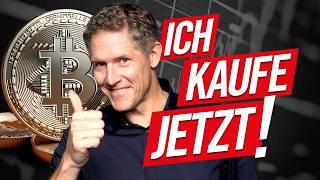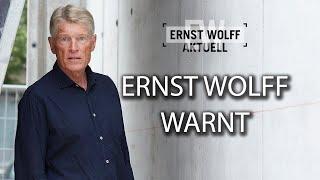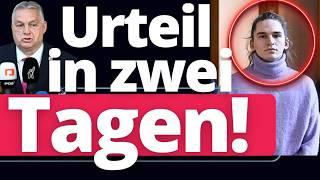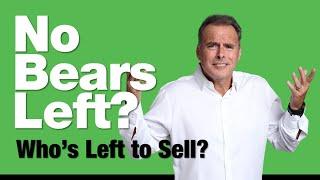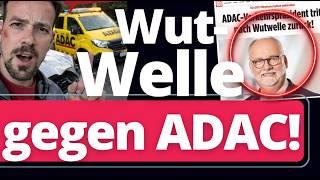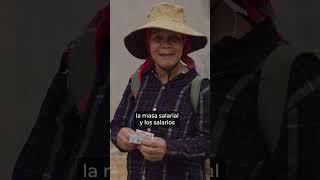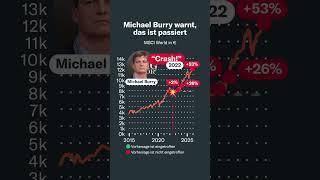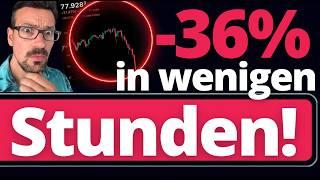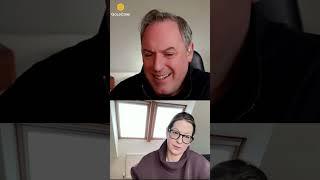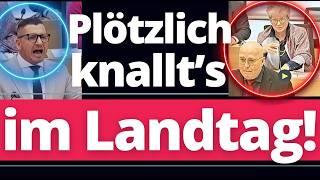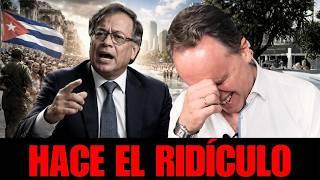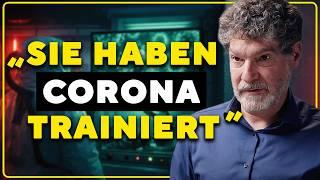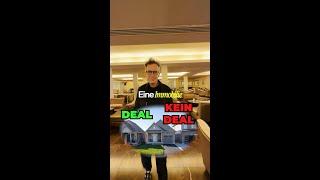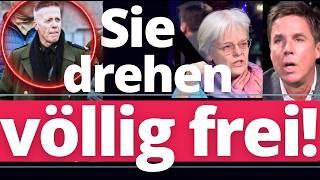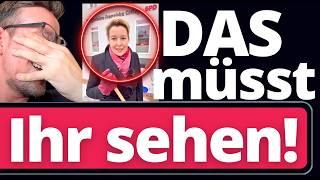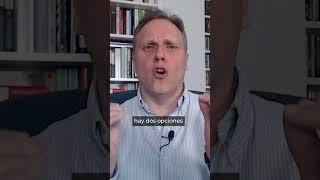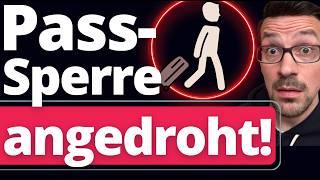| Kosovo, Europe’s newest country, was formed 10 years ago this week. It is peaceful today, but the path to its creation lay in one of Europe’s most brutal sectarian conflicts. Warning: this film contains graphic content.
Click here to subscribe to The Economist on YouTube: http://econ.st/2BZBGtD In 2008, Kosovo became Europe’s newest country. This small, landlocked state of two million people emerged as a result of one of Europe’s most brutal sectarian conflicts since the second world war. Today Kosovo is peaceful, but poor. Unemployment is high and the grey economy accounts for about 30% of the country’s economic activity. And Kosovans are the only citizens in Europe to not have visa free access to the rest of the continent. The country is still divided along ethnic lines. 90% of its people are Albanian speakers and mostly Muslim. About 10% are ethnic Serbs, who are Orthodox Christians and live mostly in the north. Why did such a small corner of the Balkans come to the world’s attention in 1999? The origins of modern Kosovo date back over a century. When the new state of Albania was formed in 1912, Kosovo was not included within its borders. Instead, Kosovars found themselves ruled by Serbia. As a Serbian province, Kosovo later became part of a new country: Yugoslavia. With the fall of communism across central and eastern Europe, Yugoslavia began to disintegrate in the early 1990s. As Croatia and Bosnia & Hercegovina declared independence local Serbs who wanted to remain in the same state as Serbia went to war. They were fully backed by Serbia and the Serbian-controlled Yugoslav armies. When those wars ended in 1995 Kosovo remained part of Serbia. Ethnic Albanians in Kosovo sensed that they too could gain their own independence. But Serbian leader Slobodan Milosevic, wanting to keep what was left of Yugoslavia together, did not want to let Kosovo go. He’d made his intentions clear in a speech some years earlier. Daily Watch: mind-stretching short films throughout the working week. |
Tags:





















